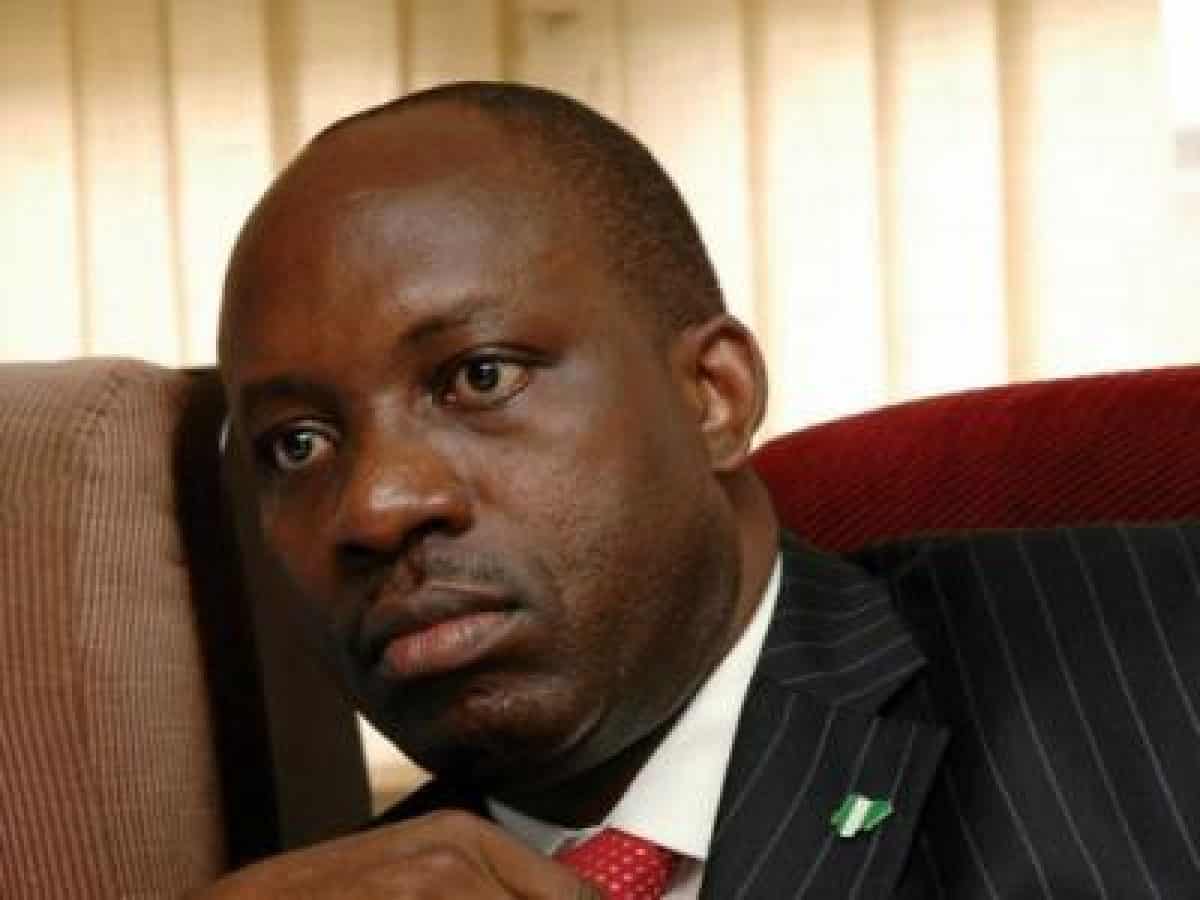Last Thursday and Friday, movement was grounded in the capital city of Awka, Anambra State, as commercial tricycle and shuttle bus operators downed tools.
Workers and traders who prepared to leave for work were unable to arrive at their work and business places as a result of the strike by the protesters.
Several persons were seen stranded at bus stops, including pupils and students who could not make it to school because of the absence of the operators. Though it was not clear to many what could have gone wrong, until around 10am when tricyclists arrived at major junctions, setting bonfires and chanting protest songs.
In Awka, there is a high level of cultism, which many have attributed to tricycle operators, their union leaders and bigwigs who receive returns from many dedicated routes across the city.
Recently, Anambra State Governor, Prof. Chukwuma Soludo announced a new tax regime for the operators and gave months of grace, which has expired. Upon the expiration of the grace period, Soludo announced that the tricycle operators in the State will pay tax monthly, as against the daily payment they made.
A press release from the State Internal Revenue Board, signed by the Chairman/Chief Executive, Mr Richard Madiebo stated in part that: “Tricycle operators will pay a monthly N15,000, shuttle bus operators will pay N20,000 monthly.”
There was mild resistance by the operators as a result of the amount involved, but the State government did well to break down the payment, saying that before then, operators paid close to N1,500 daily, which were made to revenue touts, and which amounts to over N40,000 monthly.
But to remain relevant, the union leaders invited the operators, which led to the protests. In a bid to curb the problem of transport in the State, the State government has adopted measures, by dialoguing with the operators and churning out new orders, which may arrest the situation.
Comrade Osita Obi, a human rights activist and Coordinator of Keke Drivers’ Association, who witnessed a two-day meeting on Saturday and Sunday, after the Thursday and Friday protest, laid the blame on the doorstep of the union members, who invited the operators for a protest.
Obi, in a conversation with our correspondent said the N15,000 monthly payment was not the grouse of the tricycle operators, but the constant harassment they will face after paying the amount, as they were still being compelled to remit monies to touts who work with their union leaders, posing as revenue agents, in negation of the governor’s order that after the payment of the N15,000, no more money would be paid.
Prof Soludo, on learning of the continuous operation of the touts placed a ban on them. In a press release signed by the Commissioner for Information, Sir Paul Nwosu, the government made far reaching decisions.
“In order to forestall a breakdown of law and order, the State government hereby suspends all tricycle and shuttle bus unions in the State with immediate effect for six months. This is pending further investigations and a possible harmonization of the unions which shall have a leadership known to, and recognized by, the State Government. Government has considered their plea and decided to offer them a convenient payment option and other fringe benefits that could add value to their well-being,” he said.
The commissioner, Nwosu said he has explained how the operators can remit the amounts: “Tricycle operators now have the option of paying N4,000 weekly or N15,000 monthly. However, tricycle operators in the 8 Local Government Areas that are affected by the curfew will pay N3,000 weekly or N12,000 monthly. They will revert to the normal rates of N4,000 weekly or N15,000 monthly as soon as the curfew is lifted. Shuttle bus operators will pay N5,000 weekly or N20,000 monthly.”
Considering operators around the university environment and the current ASUU strike, the government said NANS shuttle buses in the area will pay N2,500 weekly or N10,000 monthly. This group will also revert to the normal rates of N5,000 weekly or N20,000 monthly as soon as the strike is called off. Taxis will pay N4,375 weekly or N17,500 monthly.
“Township bus will pay N5,000 weekly or N20,000 monthly. Mini trucks and Pick-up will pay N5,000 weekly or N20,000 monthly, respectively. Intra-state will pay N6,250 weekly or N25,000 monthly. Loading and off-loading in government (public) parks will now be free. Moving forward, every compliant commercial vehicle driver will get a free Health Insurance cover that would enable the insured to have access to basic health and emergency services in any Anambra State hospital.
“Government wishes to reiterate its ban on touts (agbero) and cult groups that are used to enforce illegal collection of tolls and taxes.Only government accredited agents are entitled to collect tolls. Alternatively, the commercial vehicle operator could go and pay at any of the banks or any Anambra State Internal Revenue Service (AIRS) pay-point nearest to him,” the release read.
Soludo has further proscribed all Keke and shuttle bus unions in the State.
A public affairs commentator, Mr Jude Eze said: “Soludo has taken steps to perfect Anambra, and her revenue, but we hope that he will tame the Keke union. That is where all the trouble is. It is not about pronouncing the proscription, but the ability to enforce it.”

